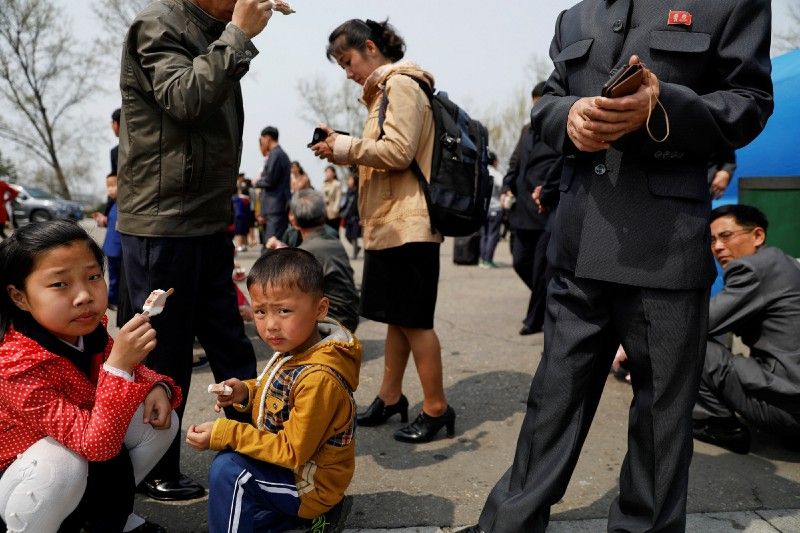Speaking of that Trump-Kim summit, an interesting thing has happened in North Korea: The propaganda boys have gone soft. No more talk of drowning dotards in a sea of fire. On ubiquitous street corner posters, storm clouds and bayonets are now out; blue skies and white doves are in. Newspapers that once presented the United States as monstrous now describe it as a more-or-less normal country.
Yet, state propaganda is not the only, or even the most important, source of news for ordinary North Koreans. Most recent available data (2012) shows that 71 percent of North Koreans say “word of mouth” is an important source of information. Just 38 percent said the same for state television. Other major sources of information inside North Korea include smuggled DVDs and South Korean radio. The probable result is that, confused as the rest of us are about what to expect next, North Koreans must be especially confused.North Korea’s government, meanwhile, may still be hedging its bets on the future of peace negotiations. 38 North, part of Washington’s Stimson Center, reports that satellite photos show North Korea is making visible improvements to the Yongbyon Nuclear Scientific Research Center. Images show several new buildings, fresh work on a cooling water reservoir, and an apparently active radiochemical laboratory.
It’s too early to know whether North Korea is playing a cynical double game or just “hoping for the best while preparing for the worst.” In either case, North Korea’s people will be the last to know.
